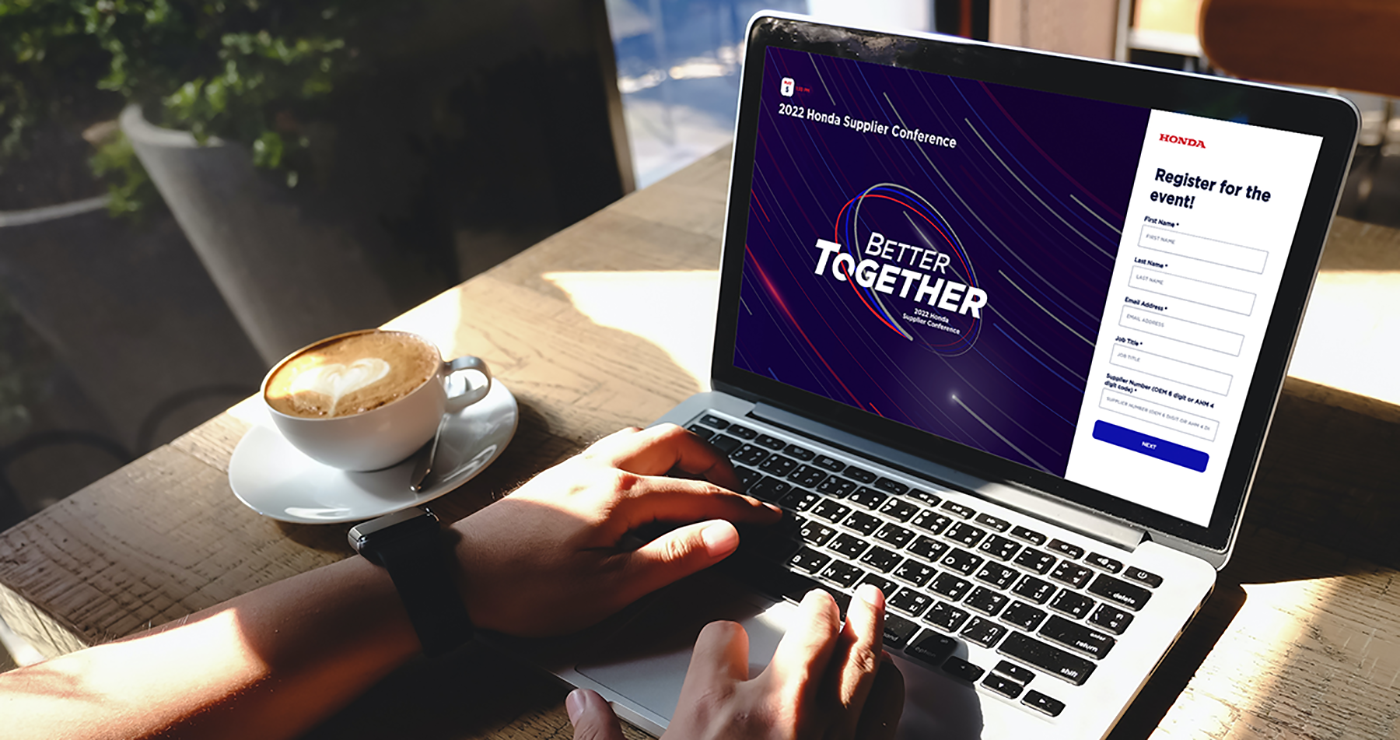9 Trends Shaping Corporate Events in 2025
Corporate events have undergone remarkable transformations over the last few years. What started as venue-based gatherings aimed at networking or knowledge sharing has evolved into layered experiences that seamlessly blend technology, sustainability, and human connection.
As the landscape for events becomes more dynamic, 2025 is set to redefine how companies host and execute corporate events. For event planners, corporate executives, and marketing professionals, staying ahead of these shifts is critical for creating engaging and impressionable experiences. Explore the top nine trends shaping corporate events in 2025 and discover how you can adopt them to stay competitive and relevant in your niche.
Hybrid Events Are Here To Stay
Hybrid events have firmly established themselves as a staple, merging in-person and virtual platforms to offer unmatched accessibility. By incorporating both formats, corporations cater to a broader audience across geographical boundaries without sacrificing face-to-face interactions. The hybrid model maximizes attendance rates and gives companies the flexibility to scale events.
For instance, adding virtual options allows attendees who cannot travel to participate meaningfully. They can engage in real-time Q&A sessions, view keynote speeches live, and network digitally.
With the latest tech advancements, such as 360-degree cameras and sophisticated live streaming, the immersion level for virtual attendees continues to rise. If you’re planning an event in 2025, leveraging hybrid formats ensures inclusivity while maintaining high engagement.

Sustainability Takes Center Stage
Sustainability is no longer optional for corporate events as eco-conscious practices become nonnegotiable. With a growing awareness around the environmental impact of large gatherings, planners and organizations must weave green initiatives into almost every aspect of their events.
Think recyclable badges, venues with energy-efficient infrastructure, digitally distributed event materials, and sourcing food from sustainable vendors. The push toward zero-waste events is very real, and attendees increasingly favor companies that advocate for these principles.
Partnering with eco-friendly vendors and adopting low-carbon solutions will also enhance your brand’s image. The incorporation of green practices into corporate events mirrors the global commitment toward sustainability and ensures your event resonates with forward-thinking attendees.
Tech-Driven Personalization Redefines Experiences
AI and data analytics are driving highly personalized event experiences. Attendees expect more than a one-size-fits-all approach, and by leveraging tech tools, companies are crafting tailored interactions.
For example, AI curates schedules for participants based on their expressed preferences, interests, and job profiles. Machine learning tools can also recommend breakout sessions, workshops, or booths that align with attendees’ documented priorities. Smart badges and event apps even track attendee behavior in real-time, enabling planners to optimize content delivery on the fly.
Corporate events in 2025 are about gathering the right audience and ensuring each attendee feels uniquely catered to. By blending data insights with creativity, you elevate your event from good to exceptional.
Experiential Marketing Takes Over Corporate Events
Immersive experiences are the new currency of audience engagement. Experiential marketing is transforming corporate events by focusing on high-impact, participatory interactions that leave lasting impressions.
Think virtual reality booths where attendees can experience new product demos, or augmented reality scavenger hunts designed to entertain and educate at the same time. Hands-on workshops or interactive brand installations will amplify engagement while making key brand messaging that much more memorable.
Events in 2025 place emphasis on creating moments that resonate personally with attendees. Encouraging participation rather than simply observing ensures attendees walk away feeling enriched and valued.
Health and Wellness Integration
Acknowledging the importance of mental and physical well-being, corporate events are increasingly integrating health-oriented initiatives. Well-being is no longer reserved for spas or retreats; it’s becoming central to the way businesses think about events.
More and more conferences now include morning yoga sessions, meditation lounges for breaks, and wellness workshops woven into their itineraries. Offering healthy food options and creating comfortable seating around breakout zones ensure attendees remain energized and focused throughout the event.
By incorporating wellness elements, you align your event with the growing societal emphasis on health and enable a better overall experience for attendees.

Enhanced Security Measures Keep Events Safe
The safety of attendees is an essential component of any event. Events in 2025 are placing a higher priority on advanced security measures. Whether it’s cybersecurity for virtual components or physical safety measures for in-person gatherings, event organizers must proactively address potential risks.
For virtual attendees, secure platforms that safeguard user data are paramount. Meanwhile, in-person events are leveraging tech tools, such as facial recognition for check-ins, automated temperature screening, and surveillance AI, to ensure smooth crowd management and crisis prevention.
With these precautions in place, attendees can enjoy the experience with peace of mind, which ultimately enhances their trust in the organizer’s capabilities.
The Rise of Micro-Events Brings Intimacy
Not all corporate events need to be grand in scale. Micro-events, which bring together smaller, highly focused groups, are becoming a favorite among companies for their intimacy and efficiency.
Whether it’s targeted leadership forums or localized networking meetups, micro-events allow for closer interactions between participants and make sure everyone walks away with meaningful connections. The smaller scale also allows event managers to be more specific with themes, venues, and personalized touches, creating a boutique experience for attendees. When you want to prioritize deeper networking and intimacy, micro-events should be your go-to strategy.
Data-Driven Decision Making Defines Success
Events are no longer just planned and executed without data backing them up. Event planners are increasingly relying on analytics to shape event strategies and measure success afterward.
AI-powered platforms make it easier than ever to monitor registration patterns, demographics, and attendee behaviors in real time. These insights inform decisions like session adjustments, peak networking times, and identifying popular breakout zones.
Post-event, these tools analyze engagement metrics to determine ROI, attendee satisfaction, and promotional reach. For future event planning initiatives, having access to such detailed insights ensures continual improvement.
Event Management Services Simplify Modern Complexity
The complexity of modern events has created a rising demand for event management services. Be it coordinating vendors, managing logistics, or streamlining technology integration, event professionals bring expertise businesses rely on.
For companies navigating large-scale hybrid events, multi-location activations, or high-budget productions, outsourcing critical responsibilities ensures smoother execution. These services free up internal resources and add a layer of reliability that maximizes overall event success.
Corporate Events Continue To Evolve
These trends will redefine how businesses approach corporate events. Hybrid formats, sustainability, personalization, and data-driven strategies are becoming foundational pillars of effective event planning, while trends like micro-events and experiential marketing push boundaries further.
By staying ahead of these trends, your corporate event strategy will set new benchmarks for success. Explore innovative approaches with the production team at L!VE and take your next corporate event to new heights, virtually and literally.